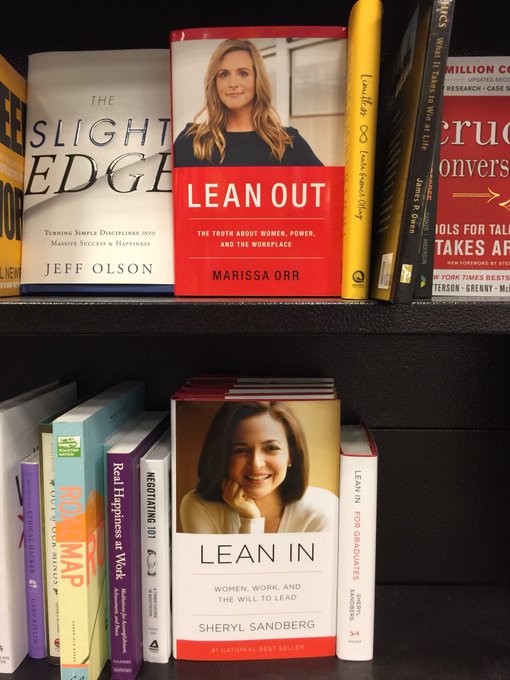I don't care much for most science writing. I can be stiff, unwieldy, heavy, dead. Oftentimes, it looks more backwards than forwards, or it looks so far forwards so as to leave the reader unmoored, or it's so preoccupied with some micro-entity that the bigger picture is lost. But when you find yourself in a bookstore -- a Barnes & Noble, no less -- that's housed in a 1930s Art Deco theater in the San Fernando Valley, what are you going to do ... not buy something? I bought a copy of The Best American Science and Nature Writing 2017 and a copy of Sy Montgomery's The Soul of An Octopus. I didn't have high hopes; the anthology was edited by Hope Jahren, whose science memoir Lab Girl I deeply disliked. Jahren exhibits the problem most scientists-as-writers have; they can analyze, but they cannot express. I figured if I liked one piece in the collection, that would suffice. As it turned out, I liked two: one that I'd read previously and one that I hadn't. If you haven't read Elizabeth Kolbert's "Greenland Is Melting," do. (In the anthology, it's entitled "A Song of Ice.") It's the kind of science writing I like: person goes off on adventure to discover something astonishing, told in a somewhat outsider way, with a bit of head shaking disconcert at the great unknowability of the world. The one I hadn't read previously that I liked was David Epstein's "The DIY Scientist, the Olympian, and the Mutated Gene." Everything in the story is as it shouldn't be: the scientist isn't a scientist, the story itself arises from happenstance, and the scientific advance far out sprints its convoluted, humble start. So much science writing seems like snobbery, like an exercise in exclusion, like an homage to the superiority of the author. But the good ones, it seems to me, are probably what people tell you science writing shouldn't be: subjective, inexplicable, magical. They make it less esoteric, more human.


















